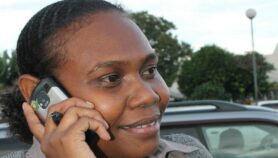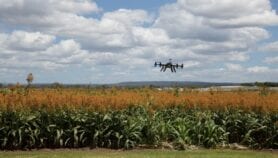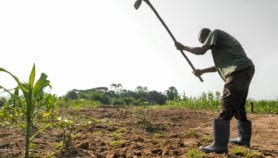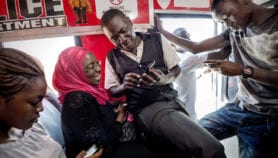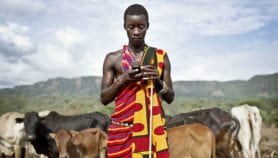By: James Njoroge
Send to a friend
The details you provide on this page will not be used to send unsolicited email, and will not be sold to a 3rd party. See privacy policy.
 |
AVU’s newly appointed chief executive officer, Cheick Modibo Diarra, was an adjunct professor of the school of engineering at Howard University in Washington, and the first Africa-born Unesco ‘goodwill ambassador’ for science and technology and enterprise. He says that the organisation’s goal is to provide quality and cost-effective education in sub-Saharan Africa.
AVU was set up as a not-for-profit organisation to facilitate knowledge transmission in Africa through satellite signals. It became independent of the World Bank in February 2000, and currently has 31 partner institutions of higher learning spread across 17 African countries.
Explaining why AVU has decided to relocate to Africa, Bruno Donat, its business development officer, says that it aims “to operate from Africa for Africans”, and to use modern information and communication technologies (ICTs) to give the countries of sub-Saharan Africa “direct access to some of the highest quality learning resources throughout the world.”
Donat adds that partner institutions will be helped to upgrade their access to high speed Internet connectivity and make other ICT infrastructure improvements. AVU will also expand the scope of its existing digital library to make it “a world-class academic resource to provide further access to texts, journals and new scholarly publications, and to share African research results.”
AVU will help the delivery of new tertiary accredited degrees and diplomas to African students, using a modular structure to allow students the possibility of leaving the course after two years with a diploma.
It will also set up a distance-learning portal, open to all African universities, to enable the African educational community to share information, collaborate and find new distance learning products and services, Donat added.
Photo credit: www.freefoto.com


